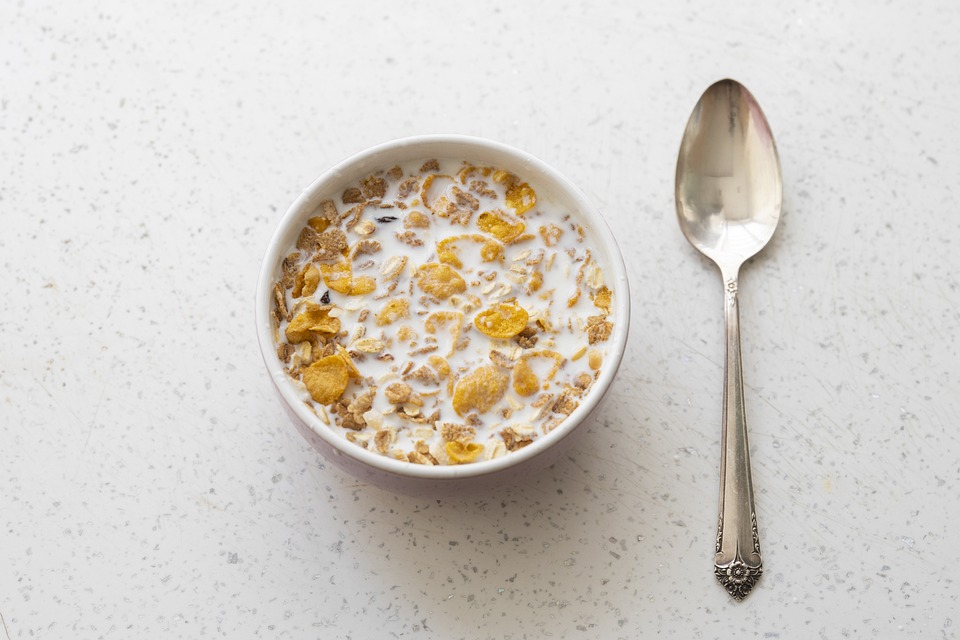1. Introduction:
Periods are a natural part of a woman’s life, but did you know that your diet can affect your menstrual cycle? It’s true! What you eat can impact the length and intensity of your period, as well as your overall reproductive health. In this article, we’ll explore the connection between your diet and your period and give you tips on how to eat in a way that supports a healthy menstrual cycle.
2. The Role of Hormones:
The menstrual cycle is regulated by a complex interplay of hormones, including estrogen, progesterone, and testosterone. These hormones help to prepare the uterus for pregnancy and trigger the release of an egg from the ovaries. A healthy diet can support the production and balance of these hormones, while an unhealthy diet can disrupt them.
3. The Impact of Sugar:
One of the biggest culprits in disrupting hormone balance is sugar. When we consume too much sugar, it can cause insulin resistance, which can lead to an overproduction of testosterone. This can cause imbalances in estrogen and progesterone, leading to an irregular period or even missed periods altogether. To avoid this, try to limit your sugar intake and opt for natural sweeteners like honey or maple syrup instead.
4. The Importance of Iron:
Iron is another important nutrient for a healthy menstrual cycle. Iron helps to build the blood that is shed during your period, and a deficiency can lead to heavy bleeding and fatigue. Foods like red meat, spinach, and beans are all great sources of iron and should be included in your diet regularly.
5. The Role of Fats:
Healthy fats like those found in avocado, nuts, and oily fish are crucial for hormone production and balance. These fats help to build and maintain cell membranes, which are essential for hormone signaling. They also provide energy and help to regulate inflammation, which can impact hormone balance. Make sure to include plenty of healthy fats in your diet to support a healthy menstrual cycle.
6. The Benefits of Fiber:
Fiber is important for overall health, but it’s especially important for menstrual health. Fiber helps to regulate blood sugar levels, which can impact hormone balance. It also helps to remove excess estrogen from the body, which can lead to a more regular menstrual cycle. Aim for at least 25 grams of fiber per day from sources like whole grains, fruits, and vegetables.
7. Conclusion:
Your diet plays a crucial role in your menstrual cycle. By eating a balanced diet that includes plenty of nutrient-rich foods like healthy fats, iron-rich foods, and fiber, you can support a healthy menstrual cycle and avoid disruptions like irregular periods and heavy bleeding. Remember to limit your sugar intake and opt for natural sweeteners instead. By taking care of your body through your diet, you can support your reproductive health and overall well-being.




